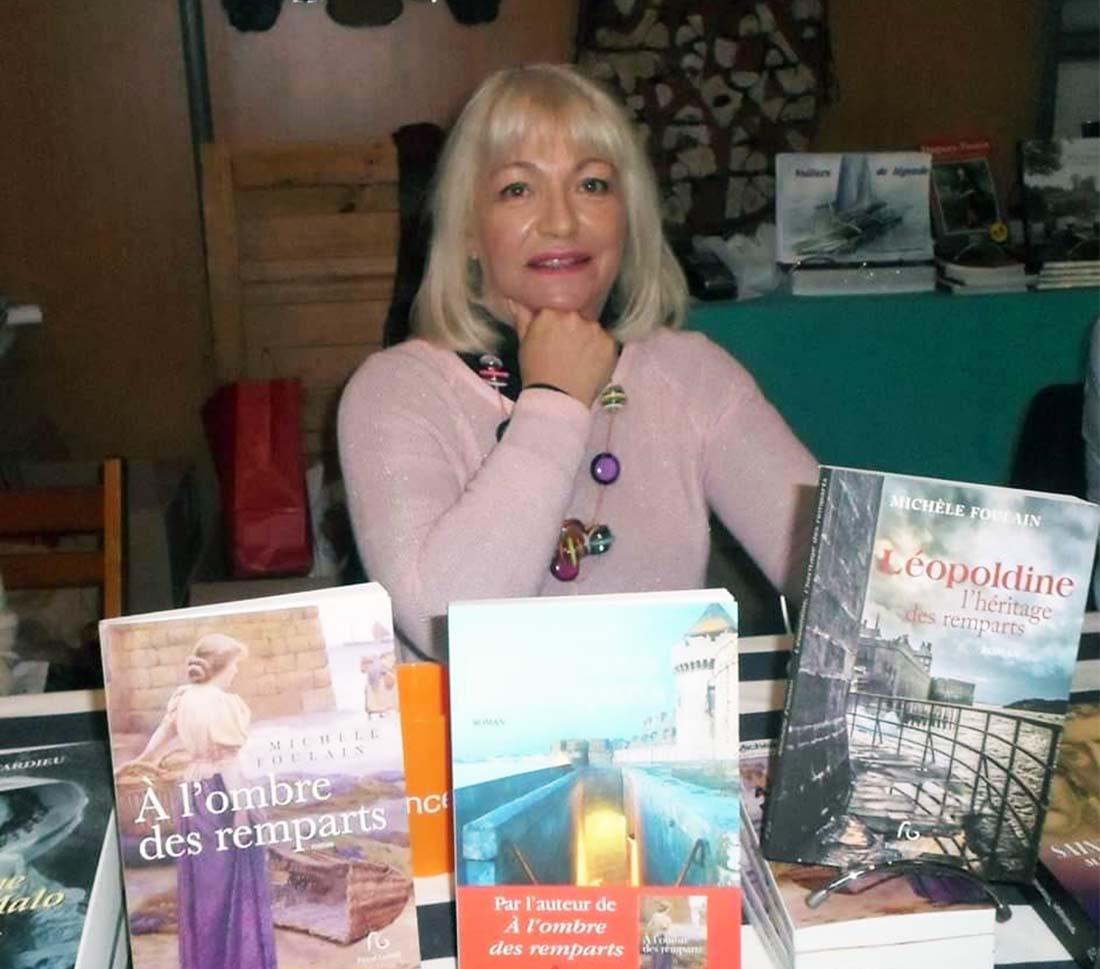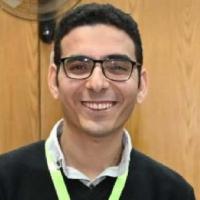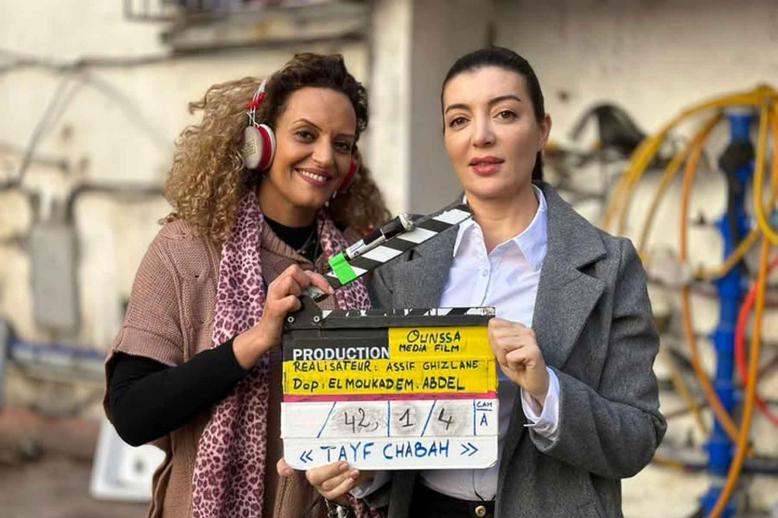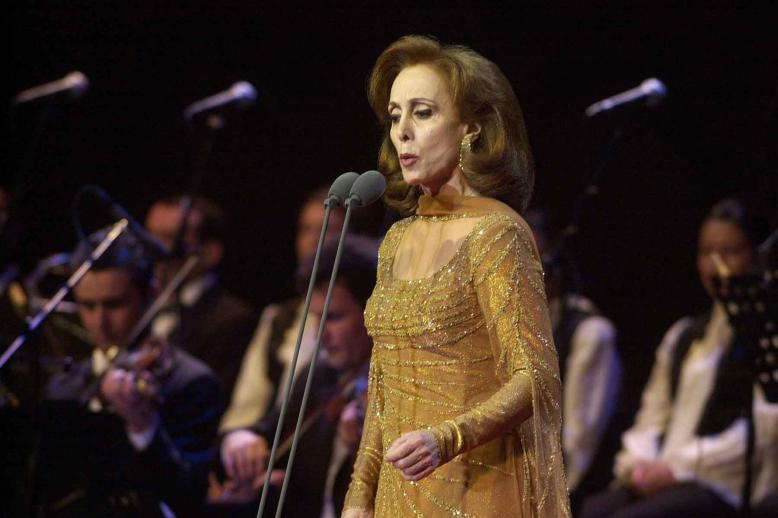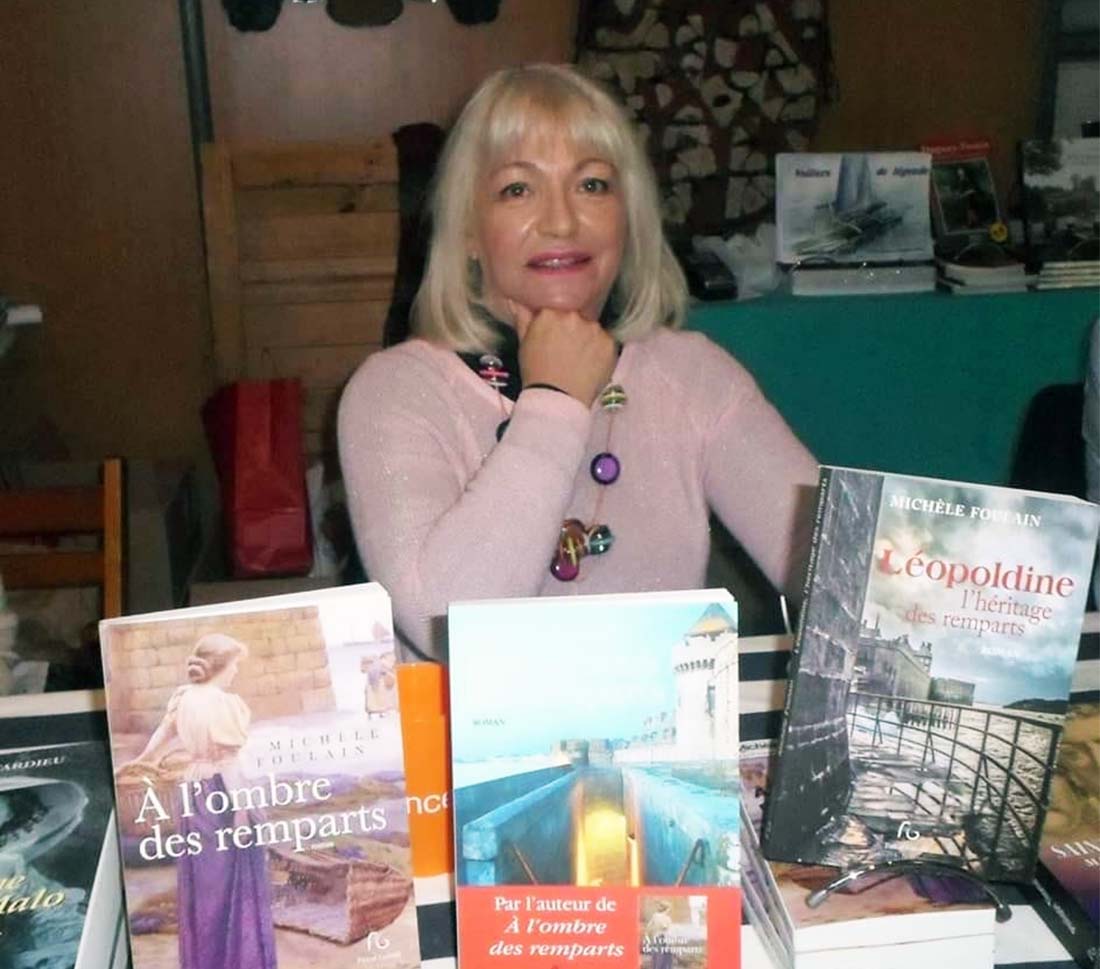Michèle Foulain on her love for Egypt
French writer, Michèle Foulain lived in Africa until the age of fifteen - first in Senegal, and then in Madagascar - since her father was a soldier. At the age of twenty-one, she faced cancer, but she managed to find her solace in writing. She finished her first novel that soon became a bestseller. As any writer, the grandiose feedback, she received from her readers, gave her due courage to pursue writing beautiful tales. Foulain has authored five novels most of which reflect her egyptomania as well as strong female characters.
Ibrahim Fawzy ran this interview with Michèle Foulain. She talked about her love for Egypt and its reflection in her novels, the translation of her first novel into Arabic, writing and more.
Ibrahim Fawzy: Susan Sontag says, “Illness is the night side of life, a more onerous citizenship. Everyone who is born holds dual citizenship, in the kingdom of the well and in the kingdom of the sick. Although we all prefer to use the good passport, sooner or later each of us is obliged, at least for a spell, to identify ourselves as citizens of that other place.”
First off, could you please tell us about your journey with the disease, its echo in your writings, and how writing helped you overcome it?
Michèle Foulain: When I knew that I had cancer, I felt an urgent need to escape from the depression into which the diagnosis had plunged me. Writing really imposed itself. It was the driving force that whipped me into shape. In my writings, I try to give a glimpse of hope. I try to convey a message that says we can overcome all obstacles with strong will.
IF: How do you describe your emotional connection to Egypt?
MF: I often describe my encounter with Egypt as love at first sight, the one I felt 10 years ago after leaving the Cairo Airport for the first time, the strange sensation I felt when I came back home in France. Passionate about spirituality, I am almost certain to have been Egyptian in another life. I believe that the love I feel for Egypt has touched the Egyptians, and this explains my close relationship with my Egyptian friends who always welcome me with warmth and generosity.
IF: Why did you decide to write about Egypt in your trilogy?
MF: I didn’t decide to write a trilogy on Egypt. I wrote a first book and many readers asked me for a sequel, that's how the trilogy imposed itself.
IF: I have known that your novel « Les larmes sur le Nil » [Tears of the Nile, in English] is forthcoming in Arabic translation as دموع النيل; could you tell us more about your relationship with the translator and how you have been involved in the translation process?
MF: The translation of « Les larmes sur le Nil » (Tears of the Nile) is very important to me, it was initially a dream that my dear friend Manal Khedr wanted to realize, but unfortunately life and its vagaries did not allow us to go to the end of this project. I was sad to lose a close friend of mine of course. But before Manal passed away, she had entrusted the translation to our mutual friend Chaaban Essayed and now we are impatiently awaiting its publication.
IF: You led a number of workshops on creative writing in many places in Egypt. What advice do you give young authors?
MF: Well, I very often invest my time in writing workshops. I like to pass the taste of reading and writing to new generations. And the first noteworthy piece of advice I give to emerging writers is to let their emotions speak freely, that’s to say going back to the arrangement of words and phrases to create well-formed sentences later on. Based on my readers’ feedback, I am convinced that the most important thing is to feel the words.
IF: Finally, what are your future projects as a novelist and as a woman?
MF: My projects are, of course, to pursue writing whether inspired by my travels or not. The future will tell us; who knows? And personally, I am planning on my next visit to Egypt this year. Discovering and rediscovering this country, which has somewhat become mine, is always a deep joy and delight.
Ibrahim Fawzy is an emerging translator. He holds an MA in Comparative Literature (2021). His translations, reviews and interviews have appeared or are forthcoming in ArabLit Quarterly, Words Without Borders, The Markaz Review, Modern Poetry in Translation, Poetry Birmingham Literary Journal, and elsewhere. He is currently an editorial assistant at Rowayat, and podcasts at New Books Network. In 2023, he finished a six-month mentorship with the British National Centre for Writing as part of their Emerging Literary Translators program, where he was mentored by Sawad Hussain.


